Currently, many virtual currency exchanges are marketing and promoting virtual asset services without permission, causing many people to fall into traps.

Many people still expect big profits from virtual currency exchanges.
Unlicensed activities
Mr. Phan Duc Trung - Permanent Vice President of the Vietnam Blockchain Association said that many reports from consumers sent to the Association showed that they were scammed through sending and depositing money to trading platforms and e-wallets with unclear information, not yet verified by the management agency.
Many virtual asset service providers (VASPs) operating illegally in Vietnam are currently showing signs of violating the law, typically by secretly collecting personal data illegally and using users' personal data for the wrong purposes.
According to Mr. Trung, in Vietnam today, there are many units operating in the field of virtual assets with unclear information such as CrossFi, Mineplex, ALEO... organizing secret seminars, taking advantage of his own image and the Blockchain Association to create prestige to mobilize money from participants. For example, CrossFi organizes seminars for up to thousands of people and mobilizes up to 3,000 billion VND in Vietnam.
In addition, there are currently many virtual currency exchanges such as Binance, Mexc, BingX, Gate.io... that are marketing and promoting virtual asset services without permission. In addition, some exchanges, when users are scammed and contact the Blockchain Association for support, do not cooperate to resolve the issue.
A typical case is a user in Vietnam who was scammed out of 100,000 USDT (a cryptocurrency representing USD). Although the user had a receipt for receiving information reporting the case from the police about being scammed with cryptocurrency and posted it on the MEXC exchange, the exchange did not cooperate in handling the case. Meanwhile, the exchange required the user to sign an NDA (confidentiality clause) to continue to be supported in processing. To date, this user has not recovered his assets.
The second case occurred between a user and the Gate.io virtual currency exchange. Accordingly, a user in Vietnam was scammed out of 800,000 USDT, the ChainTracer transaction tracing project of the Blockchain Association found the money flowing to the Gate.io exchange, however, the representative of this exchange refused to cooperate. This exchange has also been warned by the State Securities Commission in the past.
Mr. Do Ngoc Quynh - General Secretary of Vietnam Bond Market, emphasized: Virtual assets and activities around them are a social reality that has existed on a large scale in Vietnam and globally. Virtual assets can also be considered one of many innovations, applying advanced technology in the process of social development towards better meeting human needs.
“The strong response and participation of users shows that this innovation has partly met the development needs of society. Creative ideas often go ahead of the development of the legal framework and always bring both positive and negative impacts to society. Therefore, the formation of a legal framework is necessary to protect users,” Mr. Quynh shared.
Need appropriate legal framework
Experts say that banning trading or prohibiting virtual asset service providers (VASPs) from operating is not feasible. Instead, a legal framework in line with anti-money laundering standards should be quickly issued.
According to the representative of the Vietnam Blockchain Association, paying taxes on digital assets should be done like paying taxes on lottery winnings because investing in virtual currency is like buying lottery tickets, the winning money is lucky money.
In addition, it is necessary to build sets of ethical standards, community standards, project standards and apply RegTech technology (Regulatory Compliance Support Technology) for on-chain tracing that can contribute to minimizing fraud and scams related to virtual assets.
Experts also said that to promote the 4.0 industrial revolution in Vietnam, the law must play a role in promoting and protecting ownership rights for new types of assets created by this revolution. However, these are very new and difficult issues, so it is not possible to immediately propose comprehensive solutions. Therefore, it is possible to approach by closely monitoring the development of technology and the market while increasing exchanges, learning international experiences and consulting with relevant parties (enterprises, consumers, etc.) to come up with appropriate policy solutions.
Crypto assets are a new issue not only for Vietnam but also for developed countries that do not have a comprehensive legal framework to regulate these assets. Countries currently mainly approach based on risk management principles, applying a sandbox legal framework to both encourage and promote innovation and limit risks.
Source


![[Photo] General Secretary To Lam receives US Ambassador to Vietnam Marc Knapper](https://vphoto.vietnam.vn/thumb/1200x675/vietnam/resource/IMAGE/2025/9/29/c8fd0761aa184da7814aee57d87c49b3)
![[Photo] General Secretary To Lam chairs the meeting of the Central Steering Committee on preventing and combating corruption, waste and negativity](https://vphoto.vietnam.vn/thumb/1200x675/vietnam/resource/IMAGE/2025/9/29/fb2a8712315d4213a16322588c57b975)

![[Photo] National Assembly Chairman Tran Thanh Man chairs the 8th Conference of full-time National Assembly deputies](https://vphoto.vietnam.vn/thumb/1200x675/vietnam/resource/IMAGE/2025/9/29/2c21459bc38d44ffaacd679ab9a0477c)
![[Photo] Many streets in Hanoi were flooded due to the effects of storm Bualoi](https://vphoto.vietnam.vn/thumb/1200x675/vietnam/resource/IMAGE/2025/9/29/18b658aa0fa2495c927ade4bbe0096df)
![[Photo] General Secretary To Lam attends the ceremony to celebrate the 80th anniversary of the post and telecommunications sector and the 66th anniversary of the science and technology sector.](https://vphoto.vietnam.vn/thumb/1200x675/vietnam/resource/IMAGE/2025/9/29/8e86b39b8fe44121a2b14a031f4cef46)


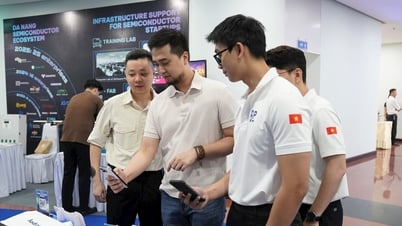

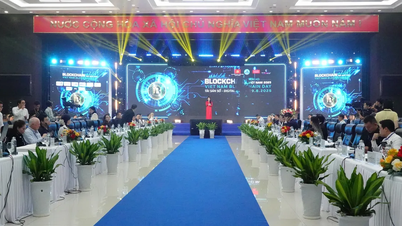

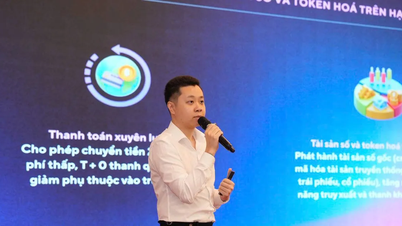
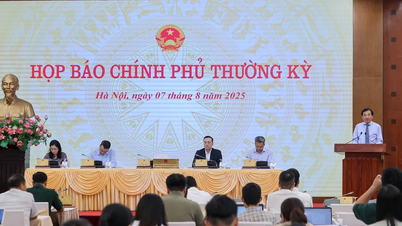
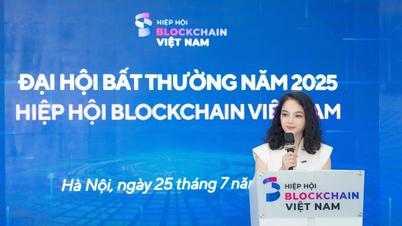

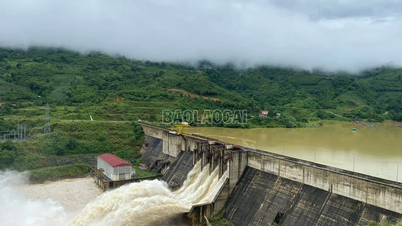










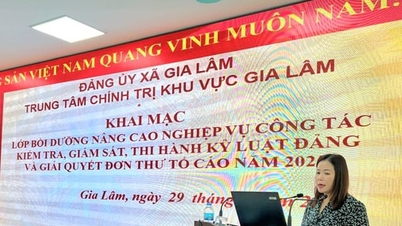
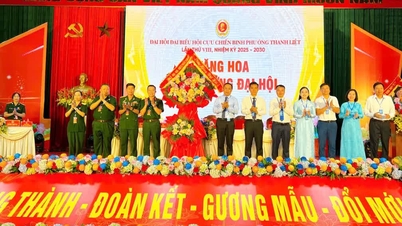
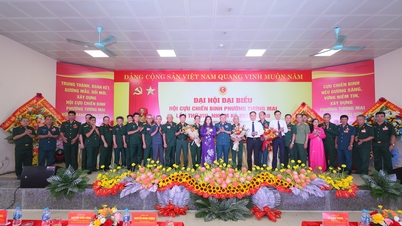
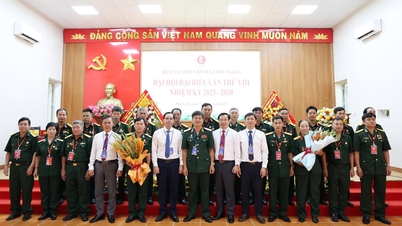
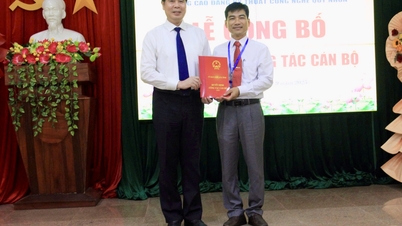














































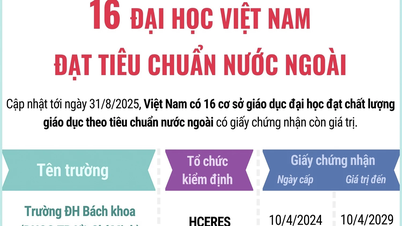



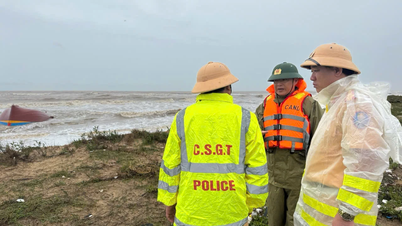
















Comment (0)